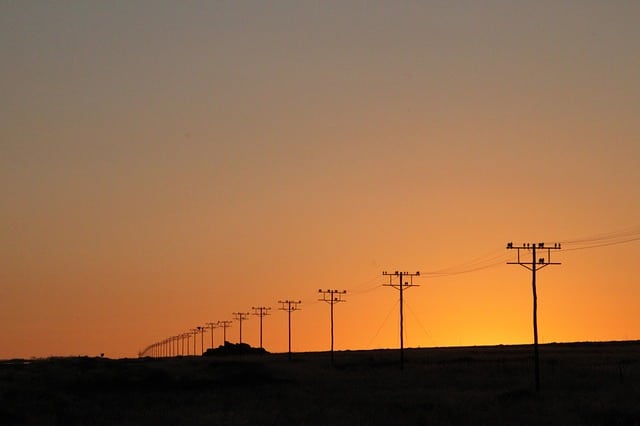Updated on September 23, 2025
Most properties have PUEs. PUE stands for Public Utility Easement. Like other easements, a PUE grants certain rights to the owner of the easement. If you own your home, a PUE may explain why you woke up to find an electrician on the utility pole in your backyard without bothering to ask your permission first (that being said, the power company will generally reach out to you before just sending someone to invade your backyard – but, they legally do not have to).
Our real estate attorneys have experience dealing with PUEs and the scope of the same.
Purpose Of Establishing A Utility Easement
PUEs (in California) arise from the terms of Government Code section 66475. Section 66475 provides that as a condition of approving a subdivision map a local government may require the subdivider to dedicate real property for PUEs. PUEs are not granted in the public streets and highways, but are upon the real property purchased by the purchasers of the subdivided lots. These easements are not granted to the county; instead, the easements are expressly dedicated to the public utility purposes. PUEs, by their express terms, define the class of persons who have an interest or right in the use of the easement, and these easements do not extend rights to the public in general or to the County in particular. (County. of Sacramento v. Pac. Gas & Elec. Co. (1987) 193 Cal. App. 3d 300, 313.) In other words, PUEs grant right to utility companies. These rights usually include rights of access, and to erect and maintain the utilities.
PUE Affect
Now, as a homeowner, the existence of a PUE on your property may restrict your ability to use the portion of the property the easement covers. For example, say there is a 10’ PUE on your property. If you have trees near the PUE or with branches that go into the area the PUE covers, you may come home to find the utility company pruning your trees without your permission – they are generally legally allowed to do that.
In sum, prior to buying a property, you want to make sure you know what you are buying and that includes finding out about any existing PUEs – and other easements.
Most PUE’s will be disclosed on a title report. However, to be safe you may want to check the subdivision map recorded with your county recorder’s office.
Are you looking for a property easement disputes attorney Los Angeles? Schorr Law has the top rated real estate lawyers Los Angeles, California. If you have questions about your rights in connection with PUEs – or any other easement or real property questions – feel free to contact our easement attorneys at Schorr Law, APC at (310) 954-1877, by email at info@schorrlaw.test2.redblink.net, or you can contact us here.
